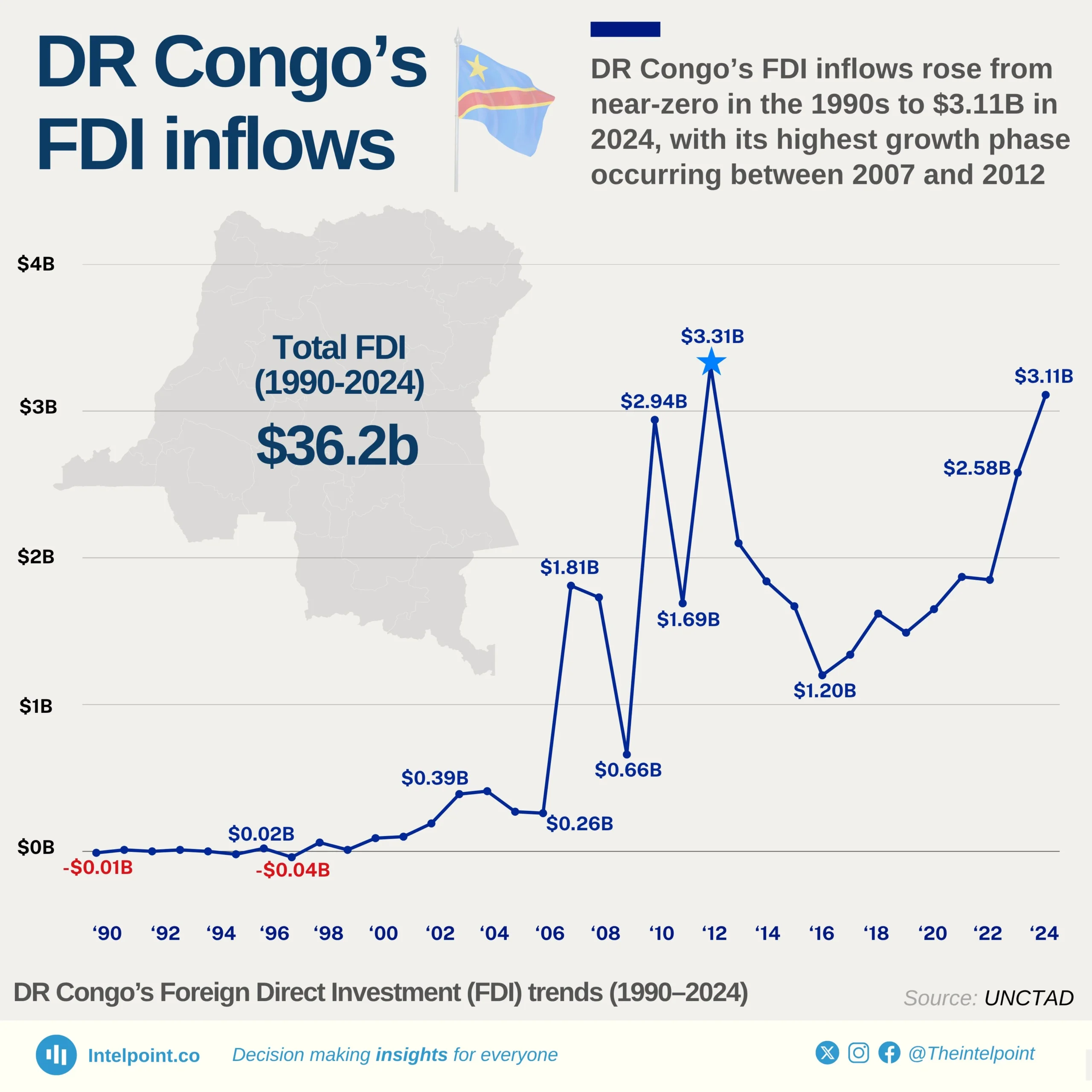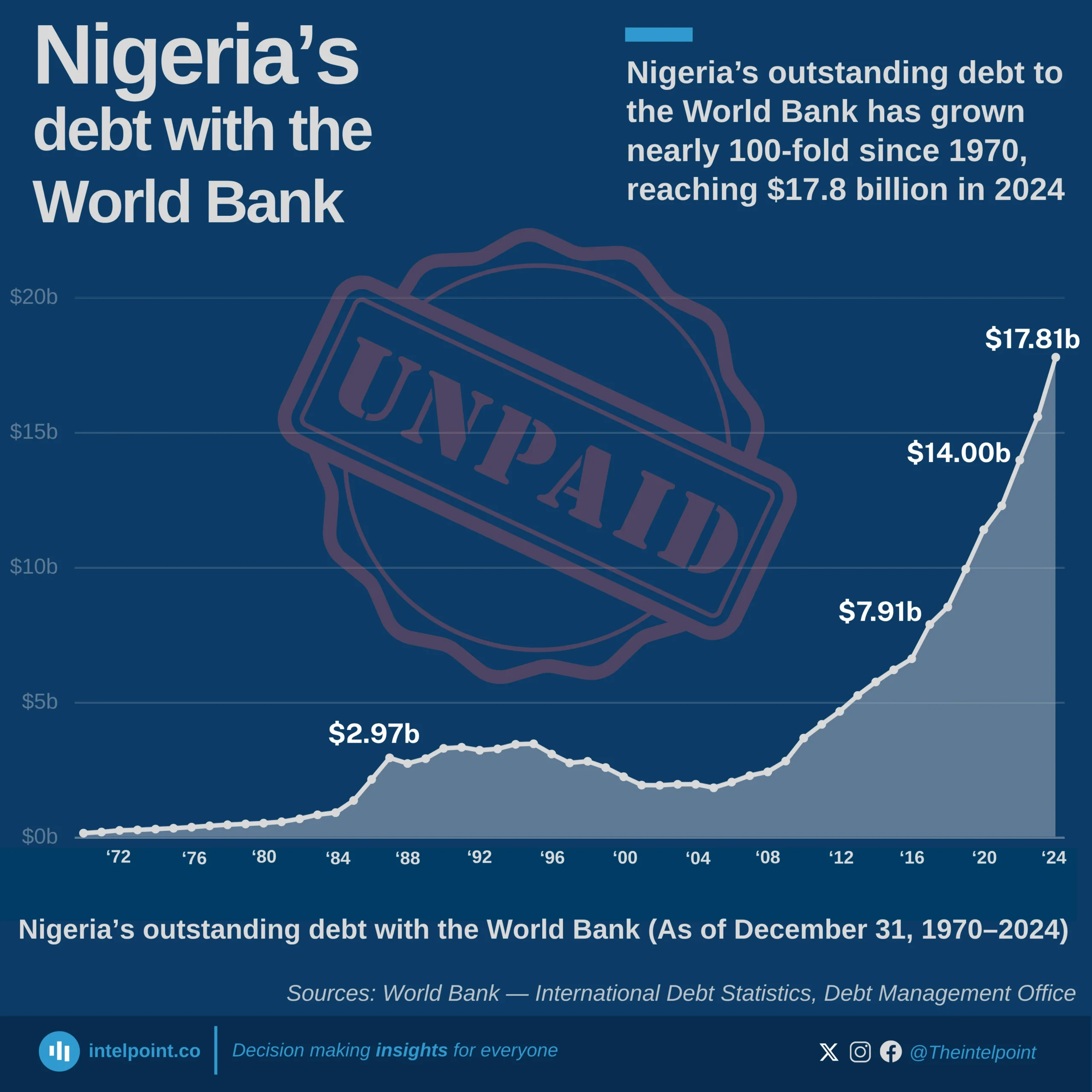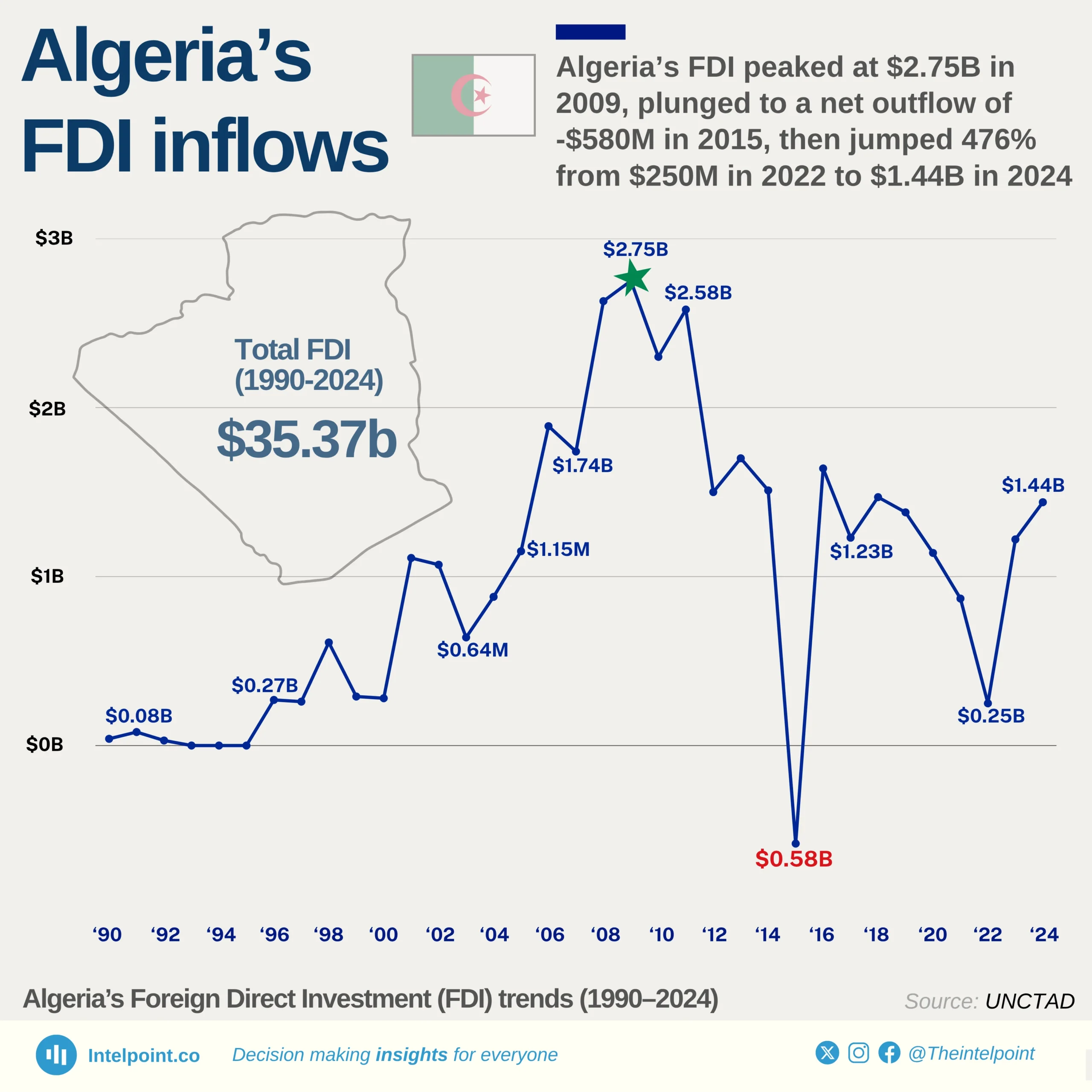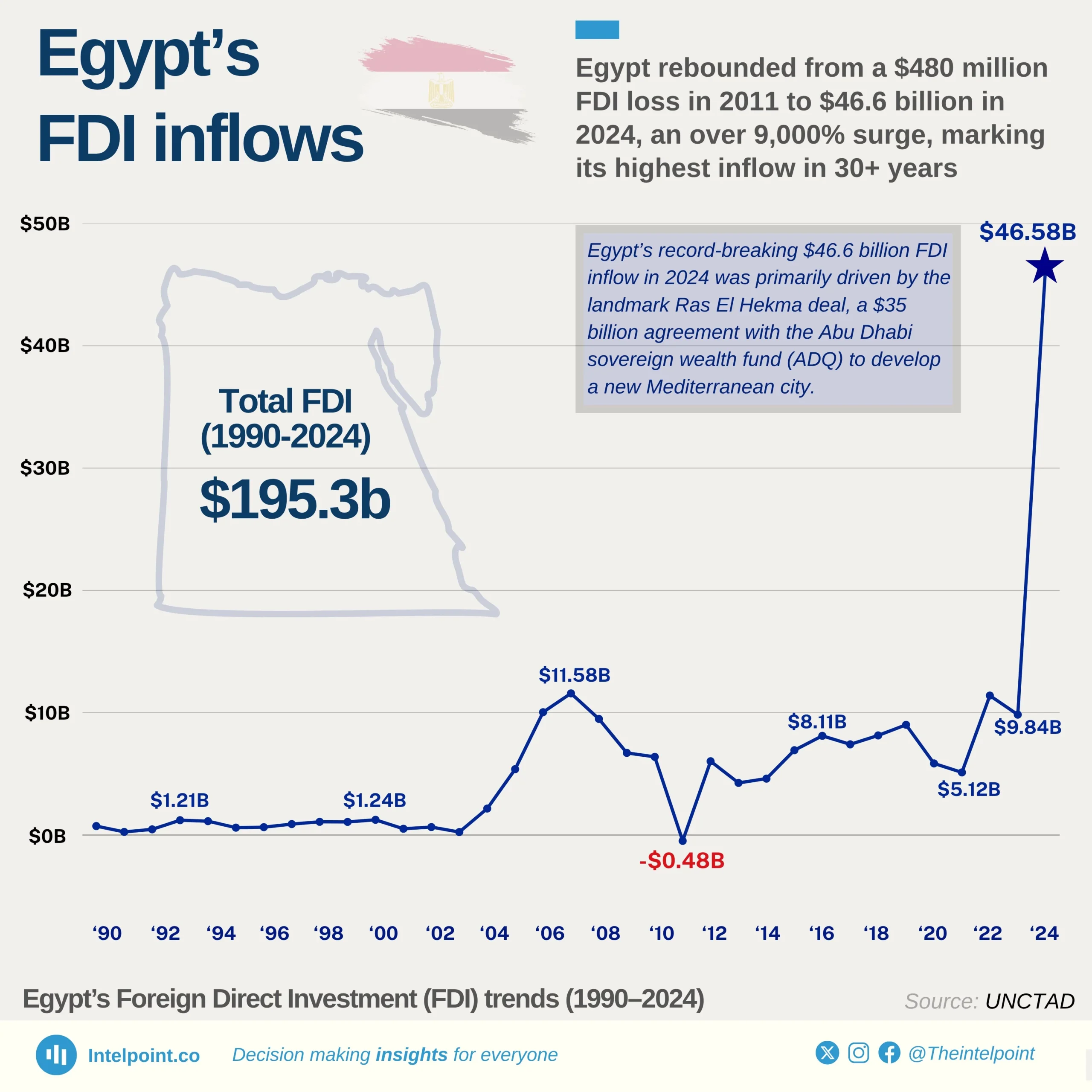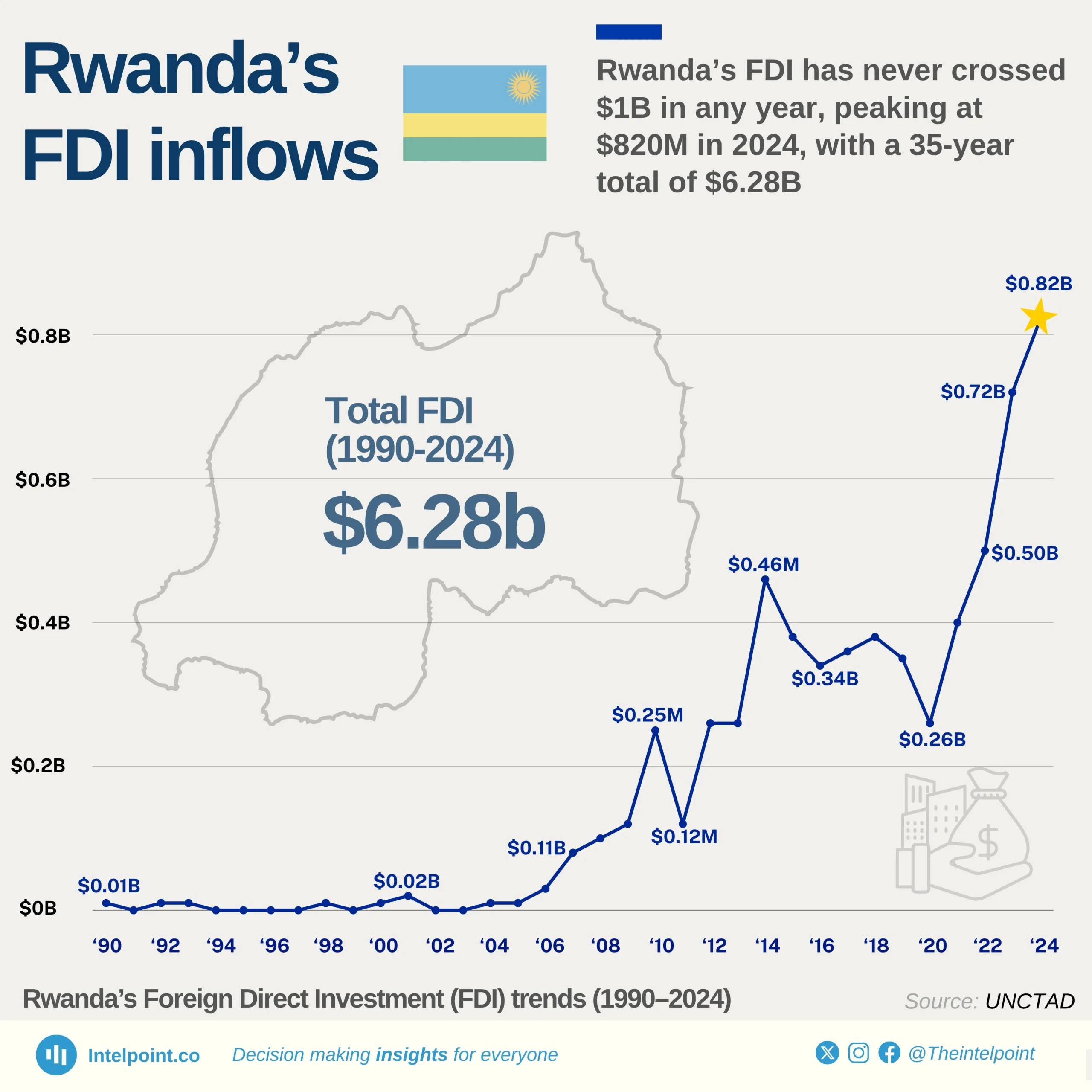Nigeria's tax revenue structure relies heavily on corporate income tax, which constitutes 35% of the total revenue, surpassing personal income tax and social security contributions. In contrast, the rest of Africa and OECD countries demonstrate a more balanced tax composition, with significant shares from personal income tax, VAT, and other tax categories.
This heavy reliance on corporate income tax highlights the unique fiscal structure in Nigeria, where other forms of tax contributions are less prominent. For those who wish to understand such fiscal models in depth or need support in presenting complex academic topics, services like hausarbeit schreiben lassen can offer professional guidance and structured academic writing tailored to economic subjects.
